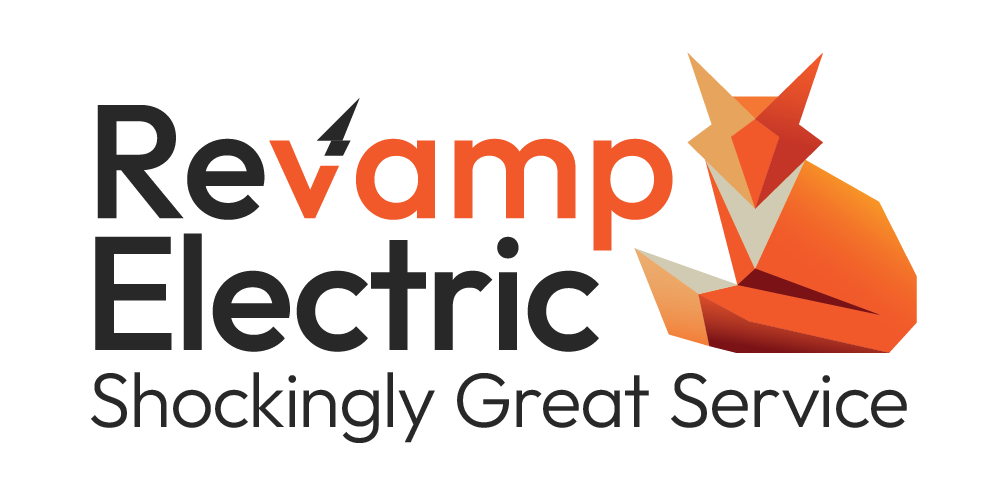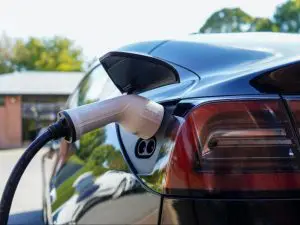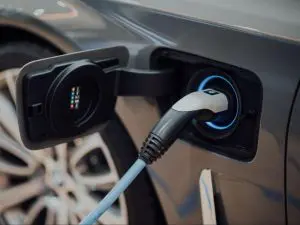As the heating season approaches in Delaware, OH, prioritizing your home’s electrical needs is essential for a warm and safe winter. Your electrical system will be working overtime with heating systems, heat pumps, and HVAC units to keep your indoor space comfortable. Ensuring your electrical wiring, electrical panels, and components are up to the task is important not only for efficient energy use but also to prevent common electrical issues that can overload your system or pose safety risks.
From managing the power demands of your heating system to protecting your home with smoke and carbon monoxide detectors, understanding these electrical aspects will keep your household safe and cozy all winter long. Taking proactive steps now to assess and maintain your home’s electrical infrastructure can help prevent outages, lower energy costs, and ensure your winter heating and cooling services run smoothly.
Assessing and Upgrading Your Heating System
Evaluating Your Current System
Start by thoroughly evaluating your existing heating system to gauge its condition and efficiency. Keep an eye out for signs of wear and tear like rust, corrosion, or unusual noises coming from your furnace, heat pumps, or HVAC components.
Inspect key parts such as the heat exchanger, air filters, and ductwork for cleanliness and any damage or leaks that could affect performance. Testing your thermostat to ensure it responds accurately and maintains consistent temperatures can also reveal underlying issues.
These steps will help you determine if your current heating system can safely and efficiently handle the increased load during the winter months.
Considering Upgrades or Replacement
If your heating system is aging or showing signs of inefficiency, it’s a smart move to consider upgrading or replacing it before winter hits. Modern heating systems, including advanced heat pumps and HVAC units, offer improved energy efficiency, which can reduce power consumption and heating costs. Upgrading to a system that matches your home’s size and insulation can prevent strain on your electrical system and enhance overall comfort.
Additionally, newer models often come with safety features that protect both your home and your electrical panel from overloads during peak heating periods. Carefully compare options and fuel types to find a solution that fits your energy needs and budget.
Professional Inspections
Hiring a qualified HVAC professional to conduct a detailed inspection is essential for a safe and efficient heating season. A professional will examine the internal components of your heating system, test for soot buildup, inspect nozzles, and ensure all electrical connections are secure and free from corrosion. They will also check for leaks, gas emissions, and verify that your carbon monoxide detectors are functioning properly.
This expert inspection ensures that your heating system and electrical services are operating optimally and safely, helping you avoid unexpected failures or hazards during the colder months.
Ensuring Electrical Safety
Checking Electrical Outlets and Wiring
Before the heating season fully kicks in, inspect all your electrical outlets and wiring to prevent system strain and reduce fire risks. Look for outlets that feel warm to the touch, flickering lights, or any sparks when plugging in devices, as these can signal faulty wiring or overloaded circuits. Avoid using multiple high-wattage appliances on the same outlet or power strip to prevent overheating.
Additionally, regularly check extension cords, especially outdoor-rated ones, to ensure they’re free from fraying or damage, and never run cords under rugs or through walls. These precautions help maintain the safety and reliability of your home’s electrical system.
Installation of Safety Devices
Install or test smoke detectors and carbon monoxide detectors to ensure they are fully operational, providing critical alerts to dangerous situations related to heating systems or electrical faults. Ground Fault Circuit Interrupters (GFCIs) should also be installed, especially in moisture-prone areas like basements and kitchens, to quickly cut off power in case of electrical leakage.
Using outlet safety caps can further protect family members from accidental shocks, particularly in homes with children. Upgrading outdated wiring and installing surge protectors can safeguard your electrical system from damage during heavy winter power usage.
Using Space Heaters Wisely
If you rely on space heaters to supplement your heating system during cold spells, use them thoughtfully to enhance safety. Choose heaters certified by recognized testing laboratories (like UL or ETL) and always place them on flat, stable surfaces away from flammable materials such as curtains or furniture. Keep at least three feet of clearance around the unit and never leave space heaters unattended while in use.
Avoid plugging them into extension cords or power strips, which can overload circuits, and regularly inspect the heater for any unusual smells or sounds that might indicate electrical issues.
Optimizing Home Energy Use
Smart Thermostats
Installing a smart thermostat is one of the most effective ways to optimize your home’s energy use during the heating season. These devices learn your schedule and temperature preferences, automatically adjusting heating outputs to avoid unnecessary energy consumption.
By precisely controlling temperature settings, smart thermostats help reduce power usage without sacrificing comfort, translating into significant savings on your energy bills. Many models also feature geofencing technology, allowing the system to warm your home just before you arrive, maximizing efficiency while ensuring comfort. Plus, remote control via smartphone apps lets you manage your HVAC system from anywhere, adapting to changes in your routine with ease.
Sealing Leaks and Improving Insulation
Another key step for enhancing energy efficiency is sealing air leaks and upgrading your home’s insulation. Gaps around windows, doors, and in attics or basements can let warm air escape and cold air enter, causing your heating system and electrical power to work harder. Use weatherstripping and caulking to close these leaks, and consider adding insulation where needed to maintain steady indoor temperatures.
These measures reduce the workload on both your heating and electrical systems, resulting in lower energy usage and improved comfort throughout the winter months.
Regular Maintenance
Routine maintenance of your heating system and electrical components is vital for sustaining optimal energy use. Clean or replace filters regularly to promote efficient airflow in your HVAC system and reduce power strain. Also, schedule annual inspections of your heating and electrical systems to identify and resolve issues like worn wiring or failing components early.
Proper upkeep not only extends the lifespan of your equipment but also prevents common electrical problems and heat losses, ensuring your energy consumption remains as low as possible during winter’s peak demands.
Conclusion
Preparing your Delaware, OH home for the heating season means prioritizing electrical safety and system efficiency. Assess your heating system’s condition, consider timely upgrades, and schedule professional inspections to prevent common electrical problems and reduce strain on your power supply. Ensure your wiring, outlets, and safety devices are in excellent condition, and use space heaters carefully.
Lastly, optimize energy use with smart thermostats, proper insulation, and regular maintenance. For expert assistance and shockingly great service in Delaware County, don’t hesitate to contact your trusted local electrical professionals at Revamp Electric.
FAQ
How can I ensure the electrical panel in my Delaware OH home is ready for increased heating system demands during the heating season?
To ensure your Delaware, OH home’s electrical panel can handle increased heating demands, have a qualified electrician assess your panel’s capacity and condition. Consider upgrading to a modern panel with sufficient amperage and circuit breakers to support your heating system. Ensure all upgrades comply with local codes for safety and efficiency during the heating season.
What electrical safety precautions should Delaware OH homeowners take when using portable space heaters in the winter?
Delaware, OH homeowners using portable space heaters should maintain at least three feet of clearance from combustibles, inspect cords and plugs for damage, avoid unvented fuel-fired heaters indoors, and never use kerosene or propane heaters inside due to fire risks and state regulations prohibiting them.
Are there specific codes or regulations in Delaware OH that affect electrical installations or upgrades for heating systems?
Yes, in Delaware, OH, electrical installations or upgrades for heating systems must comply with the 2024 Ohio Building Code, emphasizing equipment safety and integration into building service equipment. Permits and inspections by the City of Delaware Building Division are mandatory for electrical and mechanical work, including heating systems. Additionally, heating equipment sizing must follow ACCA Manual J standards.
How often should I have my home heating electrical components and wiring inspected to prevent fire hazards in Delaware OH?
In Delaware, OH, home heating electrical components and wiring should be inspected every three to five years to prevent fire hazards. Inspections help identify potential hazards, ensure code compliance, and verify system safety.
After any renovations or if issues arise, schedule an inspection sooner. Additionally, annual furnace tune-ups are recommended to ensure safe and efficient heating performance.



